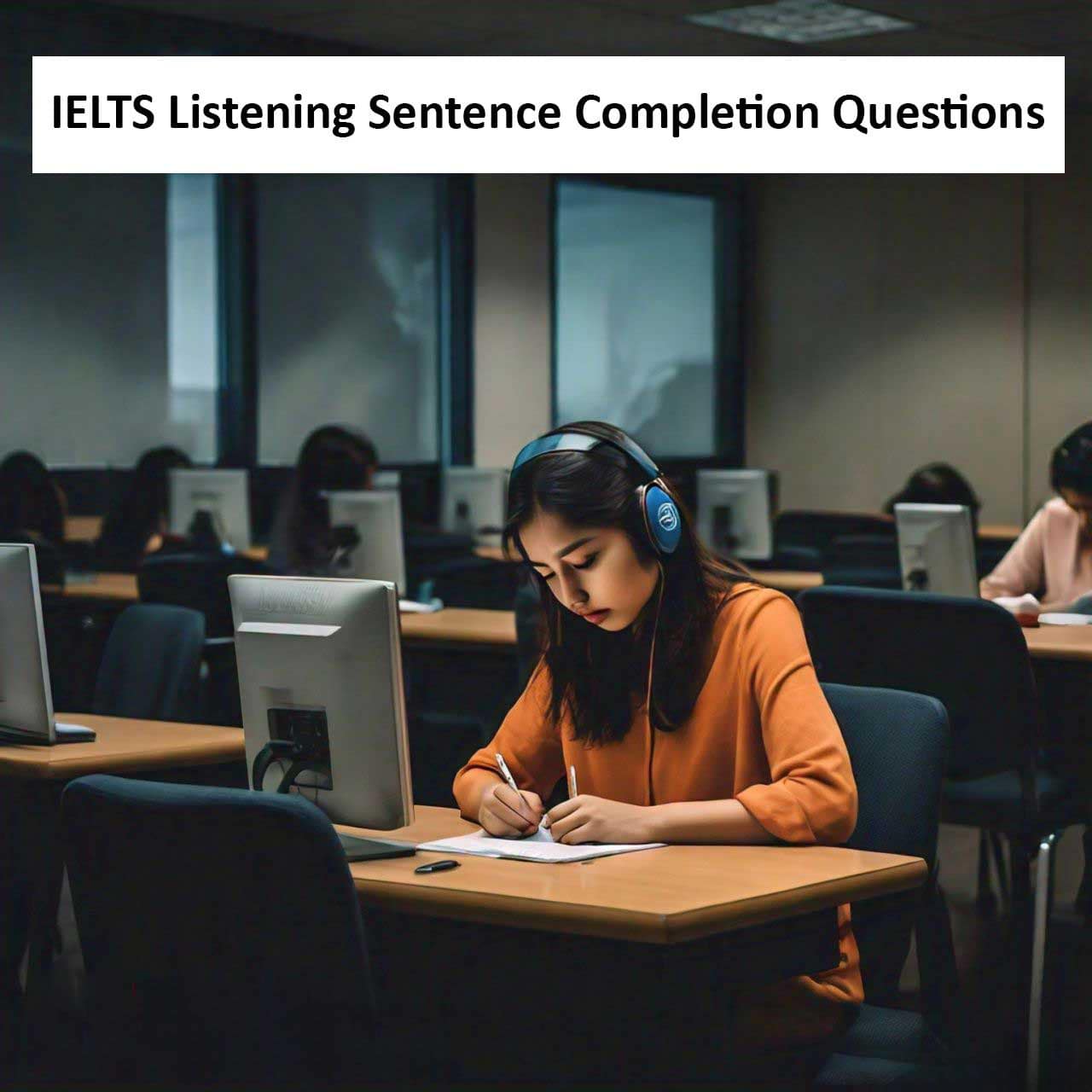The IELTS Listening test can be particularly challenging, not just because it tests your understanding of spoken English, but also because it demands excellent short-term memory. You have to listen, understand, and remember details to answer questions accurately. Enhancing your short-term memory can significantly boost your performance in this section. Here’s how you can train your brain to remember more effectively for the IELTS Listening test.
Table of Contents
Understanding the IELTS Listening Test
The IELTS Listening test comprises four sections with 40 questions in total. You’ll listen to various recordings, including conversations and monologues, and answer questions that test your ability to understand and recall information. The recordings are played only once, so developing a robust short-term memory is crucial.
The Role of Short-Term Memory in Listening
Short-term memory is your brain’s temporary storage system, which allows you to hold and process information for a brief period. In the context of the IELTS Listening test, it enables you to:
– Retain Key Information: Remember names, dates, numbers, and specific details from the recordings.
– Understand Context: Follow the flow of conversations and understand the overall context.
– Multitask: Listen, understand, and write down answers simultaneously.
Improving your short-term memory can enhance these abilities, helping you perform better in the listening section.
Techniques to Enhance Short-Term Memory for IELTS Listening
1. Active Listening Practice
Engage in active listening exercises to train your brain to remember more details. Here’s how:
– Listen to Podcasts and Talks: Choose English podcasts or TED Talks on topics that interest you. After listening, try to summarize the content or write down key points.
– Use Dictation Exercises: Listen to short passages and try to write them down verbatim. This exercise sharpens your listening and retention skills.
Recommended Resources:
2. Chunking Information
Chunking involves breaking down information into smaller, manageable units. This technique makes it easier to remember details during the test.
– Group Similar Information: When listening, try to group related pieces of information together. For instance, if you hear a list of items, group them by categories.
– Use Mnemonics: Create mnemonic devices to remember sequences or sets of information.
Example:
If you need to remember a list of numbers, like a phone number (123-456-7890), chunk it into smaller groups: 123, 456, 7890.
3. Visualization
Visualizing what you hear can significantly aid memory retention. This technique leverages your brain’s ability to remember visual information more easily.
– Create Mental Images: As you listen, try to create mental pictures of the scenes or information described.
– Draw Diagrams or Mind Maps: Use diagrams or mind maps to represent the information visually. This can be especially helpful for complex or detailed content.
Practice Tools:
– MindMeister for creating mind maps.
4. Repetition and Review
Repetition is a proven method to enhance memory. Repeatedly exposing yourself to the information helps consolidate it in your memory.
– Re-listen to Recordings: Listen to the same recordings multiple times and try to capture different details each time.
– Review Your Notes: Regularly review the notes you take during practice sessions to reinforce your memory.
Suggested Practices:
– Use IELTS practice tests available on [IELTS.org](https://www.ielts.org/for-test-takers/how-to-prepare) and repeat them.
5. Note-Taking Skills
Efficient note-taking helps you capture and organize information quickly. Develop a system that works for you.
– Use Abbreviations and Symbols: Develop a shorthand system to jot down key points quickly.
– Highlight Key Information: Focus on capturing essential details like dates, names, and numbers.
Tip: Practice writing notes while listening to audio recordings to simulate test conditions.
6. Memory Games and Apps
Engage in memory games and use apps designed to enhance cognitive abilities and memory.
– Play Memory Games: Games like Sudoku, crosswords, and memory card games can improve your cognitive function and memory.
– Use Memory-Boosting Apps: Apps like [Lumosity](https://www.lumosity.com/) and [Peak](https://www.peak.net/) offer brain training exercises that enhance memory and focus.
7. Healthy Lifestyle Habits
Your overall health significantly impacts your cognitive functions. Incorporate healthy habits into your routine.
– Get Enough Sleep: Adequate sleep is crucial for memory consolidation and cognitive performance.
– Eat Brain-Boosting Foods: Foods rich in omega-3 fatty acids, antioxidants, and vitamins, like fish, berries, and nuts, support brain health.
– Stay Hydrated: Dehydration can impair cognitive function, so drink plenty of water.
Practical Exercises for IELTS Listening
To put these techniques into practice, try these specific exercises tailored for IELTS Listening:
1. Listen and Summarize: Choose a podcast episode, listen without pausing, and then write a summary from memory.
2. Mock Tests with Timed Notes: Take practice tests with a focus on note-taking. Limit your note-taking time to simulate the pressure of the actual test.
3. Flashcards for Key Vocabulary: Create flashcards for commonly encountered words and phrases in the IELTS Listening section.
Flashcard Tool: Quizlet
Conclusion
Enhancing your short-term memory can give you a significant edge in the IELTS Listening test. By incorporating these techniques into your study routine, you can improve your ability to retain and recall information, leading to better performance on test day. Remember, the key is consistent practice and applying these methods regularly. Good luck with your IELTS preparation!
Feel free to share your memory-boosting tips or experiences with the IELTS Listening test in the comments below. Happy listening!
For more insights on IELTS preparation and improving your English skills, check out our related articles and resources.



